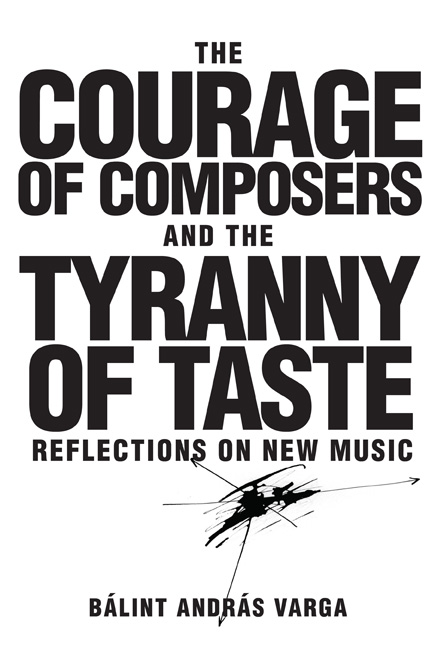33 - Christian Wolff (b. 1934)
Published online by Cambridge University Press: 22 May 2021
Summary
Audiatur et altera pars has been a principle that has guided my activities as an interviewer. It was tremendously thrilling for me to confront John Cage with Morton Feldman's remarks about him, or to check with Witold Lutosławski the veracity of Earle Brown's claim that the Polish composer had been influenced by Brown's notation.
Similarly, I was fascinated by Karl Aage Rasmussen's report on his experiences as a composition student in Denmark—how he was frowned upon for expressing what at the time were considered unorthodox tastes. I sent the relevant paragraph to all the composers who had contributed to the book so far and thus inspired/prompted them to express their own views.
The interview I did with John Adams for this book led me to forward the text to Christian Wolff who had answered my three questions in a highly interesting and thought-provoking manner back in 1984. Little did I know that Adams had been Wolff's pupil of beginning Greek at Harvard University. Later on, John Adams was to organize a performance of Wolff's Burdocks in San Francisco, at the Music Conservatory where he led the contemporary music ensemble. As the older composer remarked: “How differently our musical lives have gone!”
I sent the Adams interview to Christian Wolff, especially because I was anxious to have his views on Charles Ives, a pioneer whom Adams sees in a more critical light than one would expect. That was indeed the first subject Wolff commented on, before getting down to “the courage of composers.”
April 21, 2015
Two responses to J.A.
1. The criticism of Ives I think is a serious misunderstanding (it's not new: Elliott Carter—who learned a lot about rhythmic procedures from Ives and knew him personally—also asserted that Ives's composition techniques were inadequate, too crude). Ives, though his work can, I think, sometimes be uneven, is still a great composer. And the “murky,” “overloaded” patches were surely that way because that is how Ives intended them, and/or he was deliberately trying something new. He speaks of “mud” as sometimes a desirable quality in music (and refers to Brahms!). (People used to complain similarly about Schumann's orchestration, also Mussorgsky’s.) There's grit in the music and it's what makes it really good. Or, to put it another way, Ives had courage.
- Type
- Chapter
- Information
- The Courage of Composers and the Tyranny of TasteReflections on New Music, pp. 214 - 218Publisher: Boydell & BrewerPrint publication year: 2017



